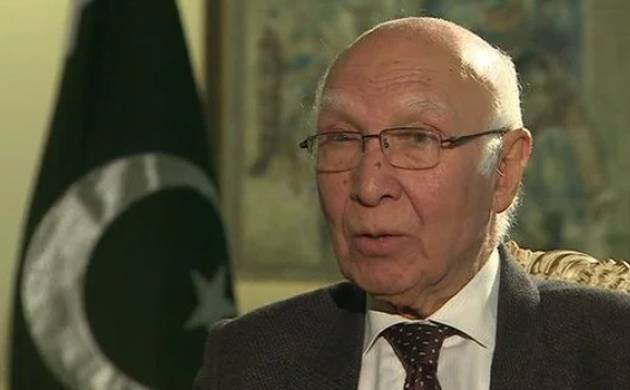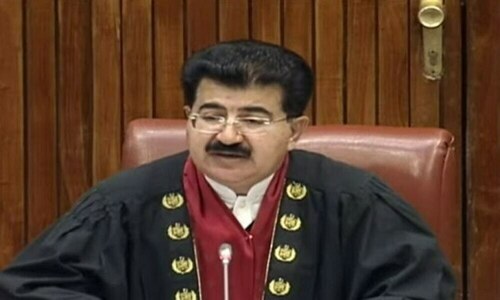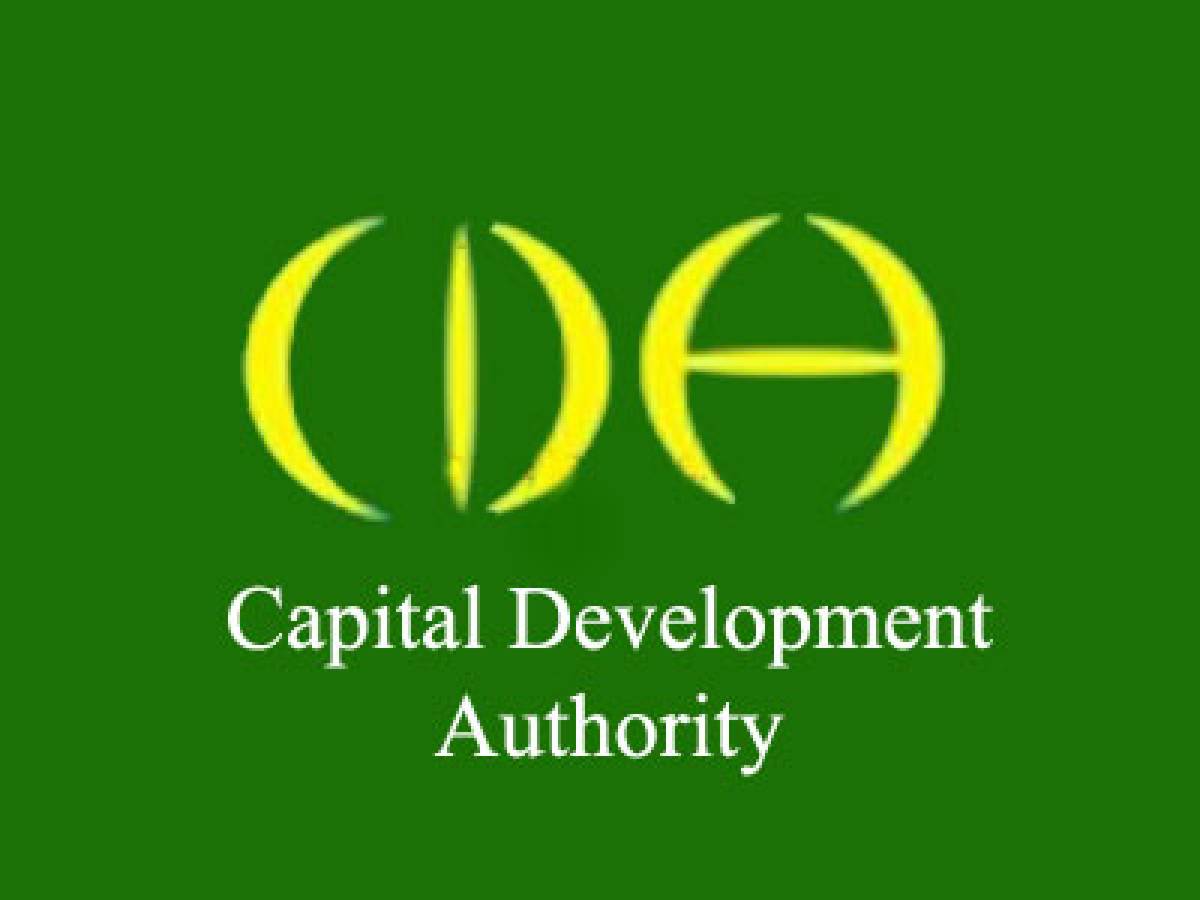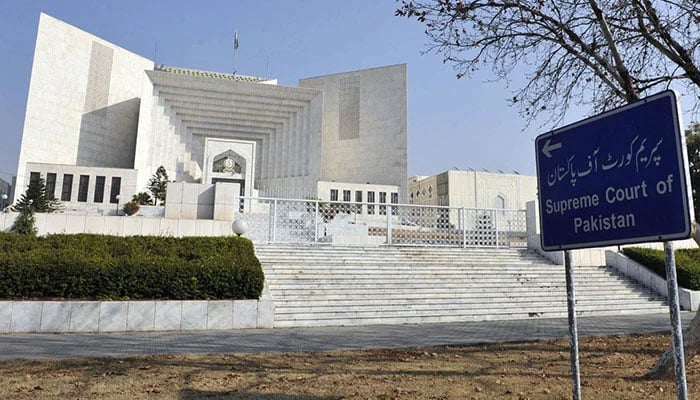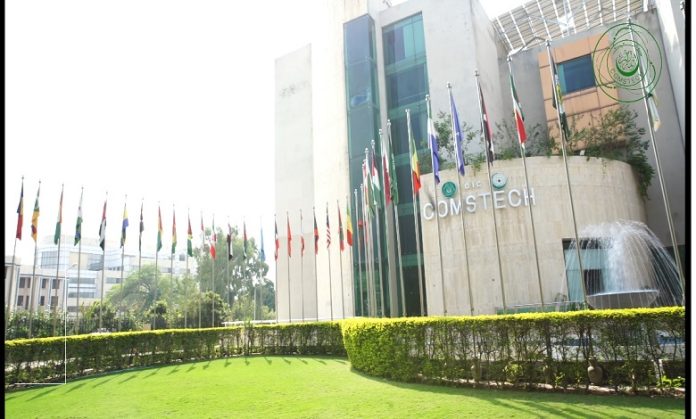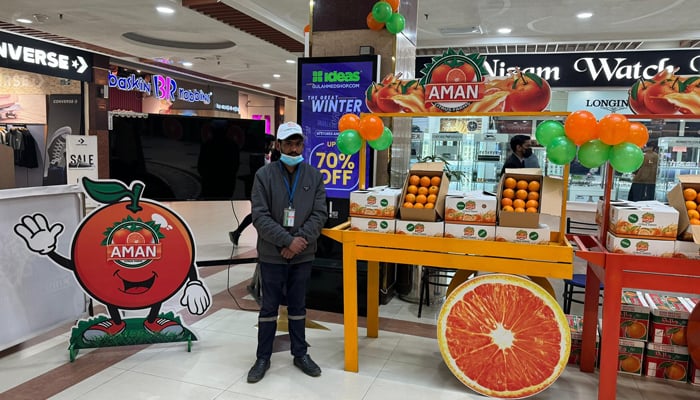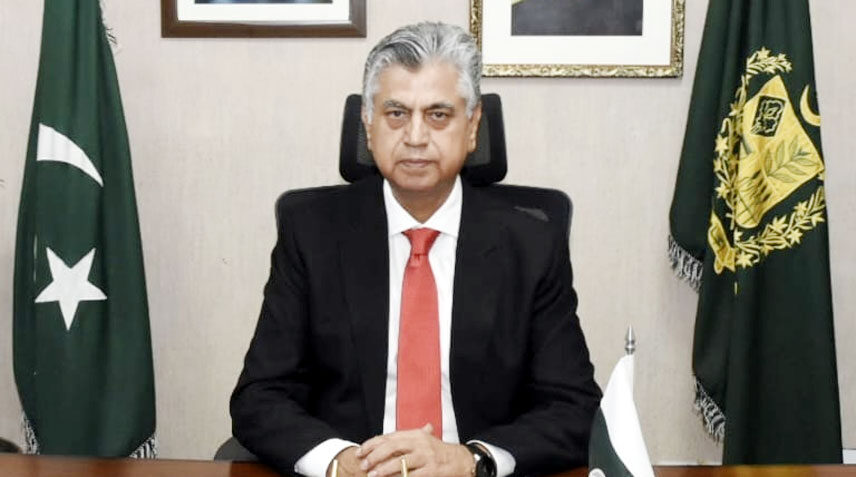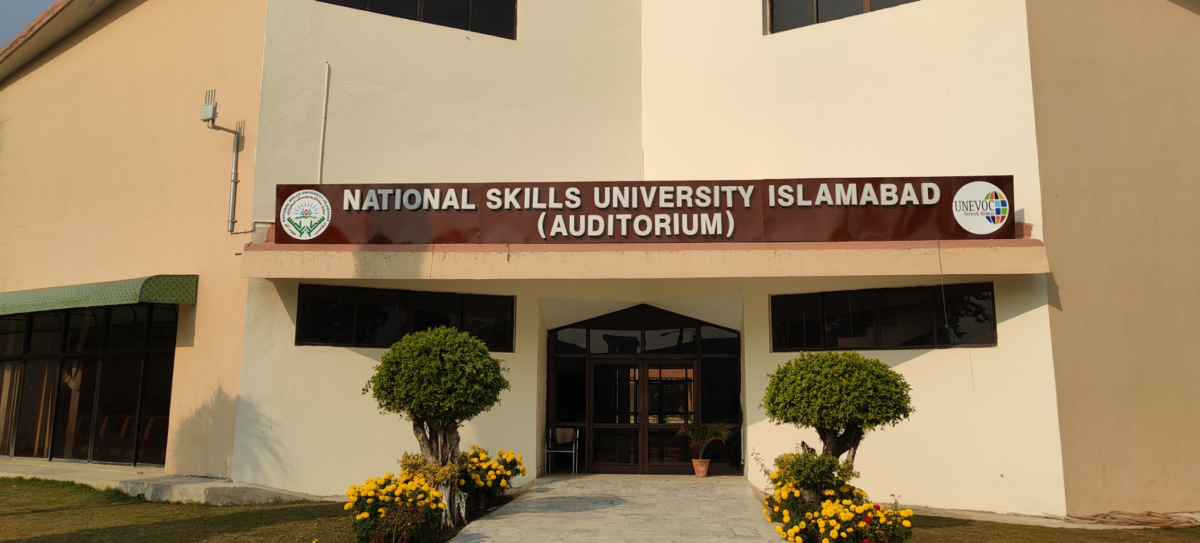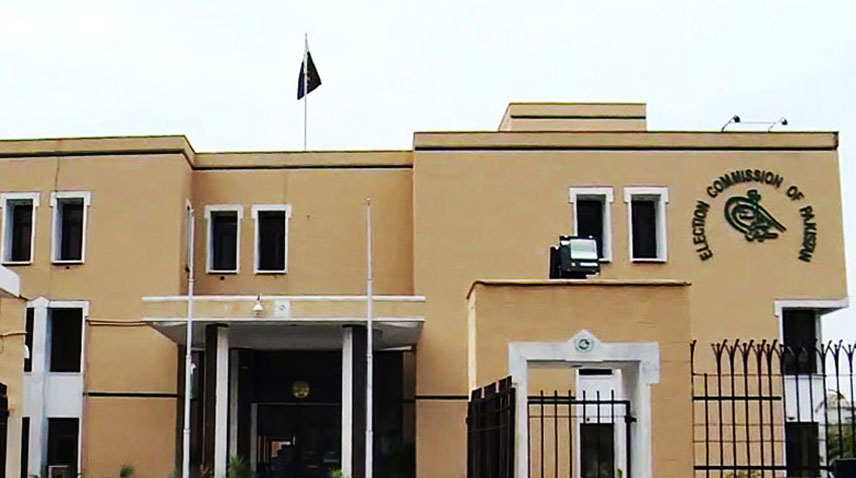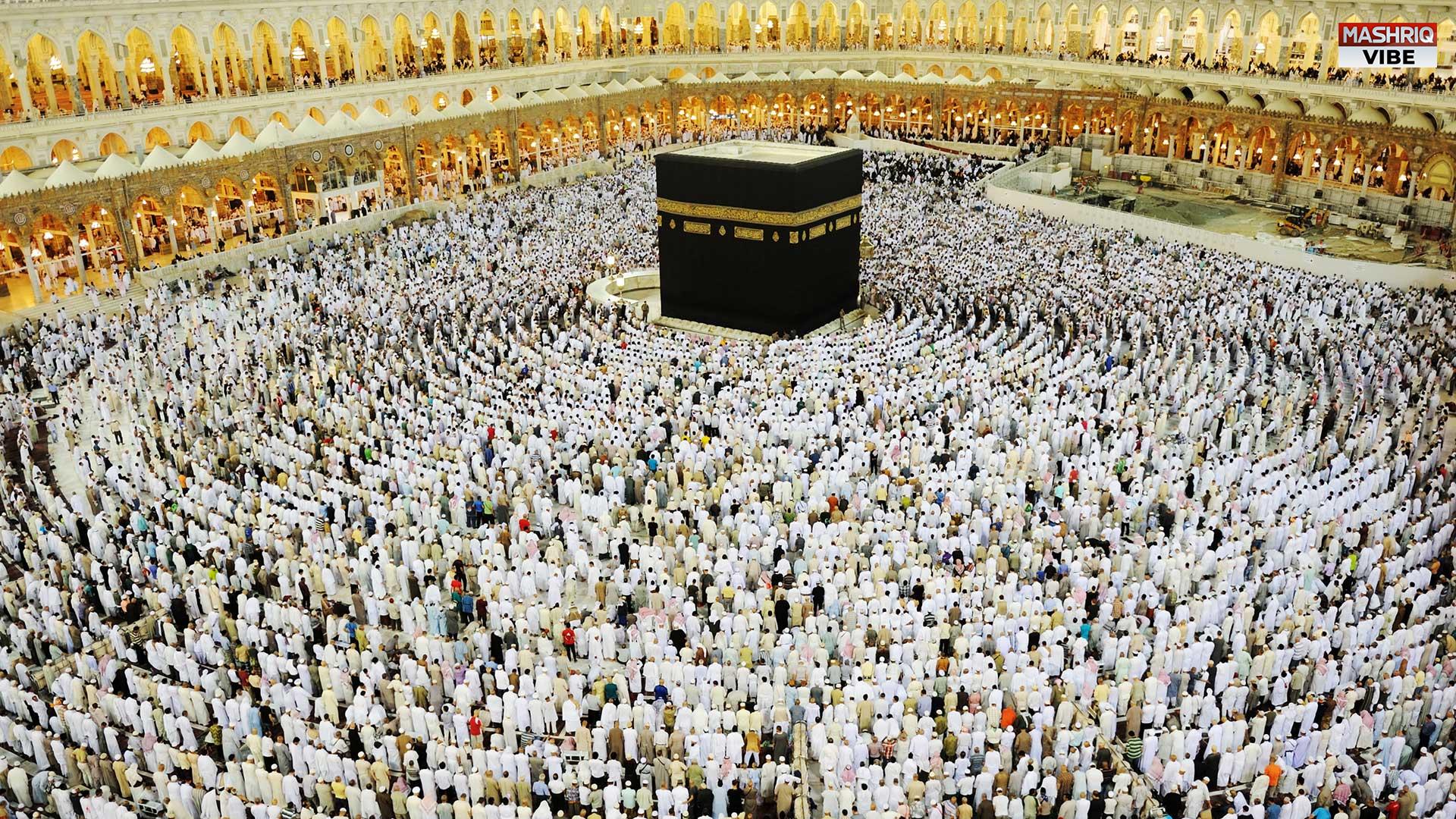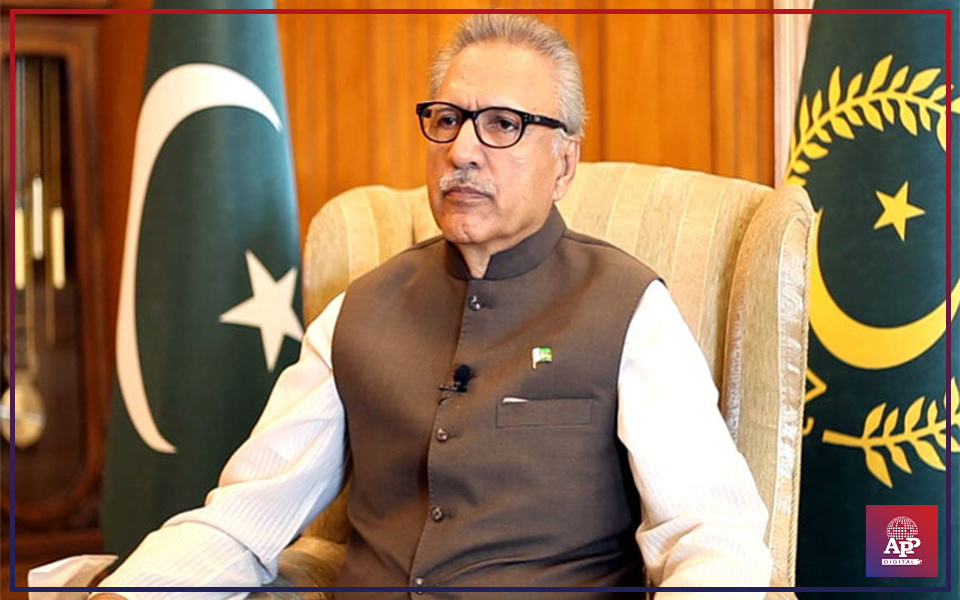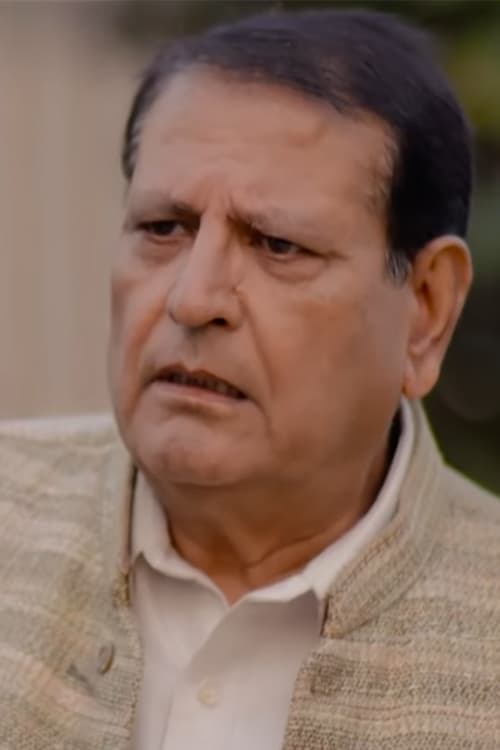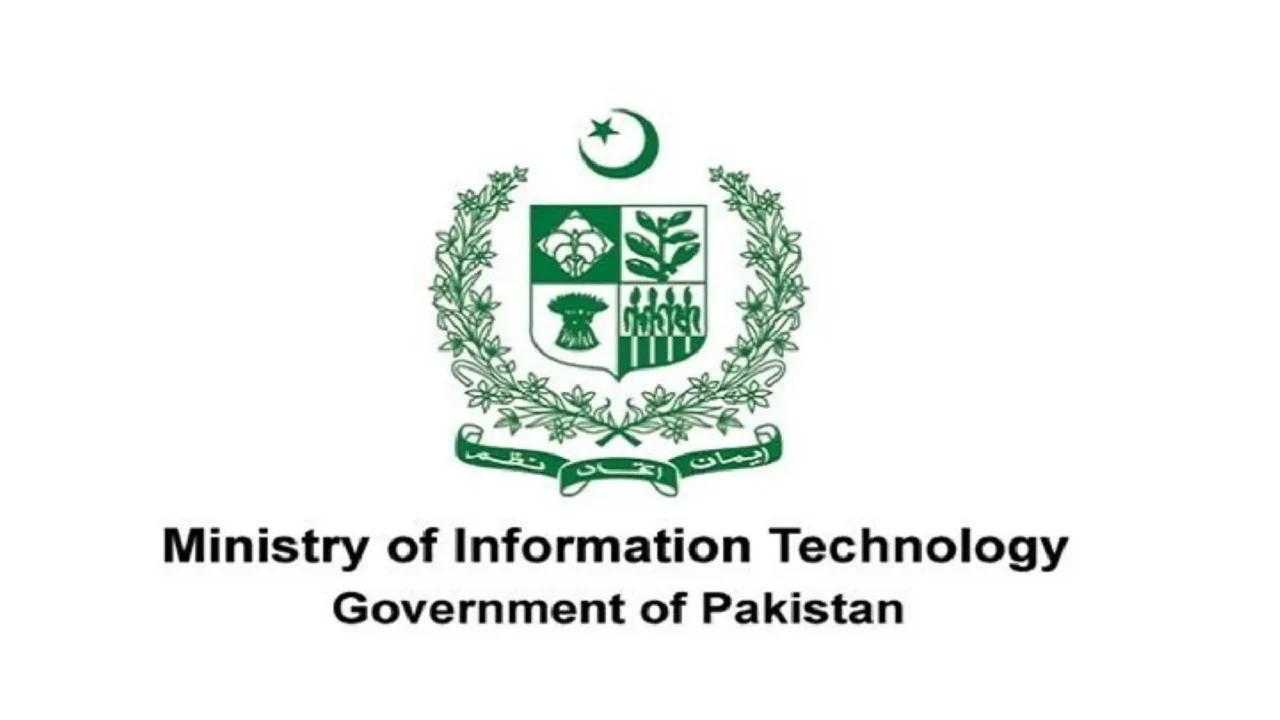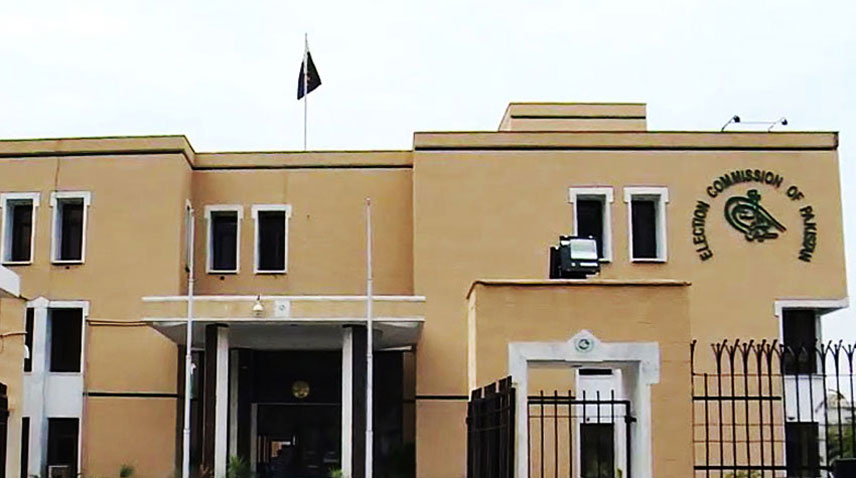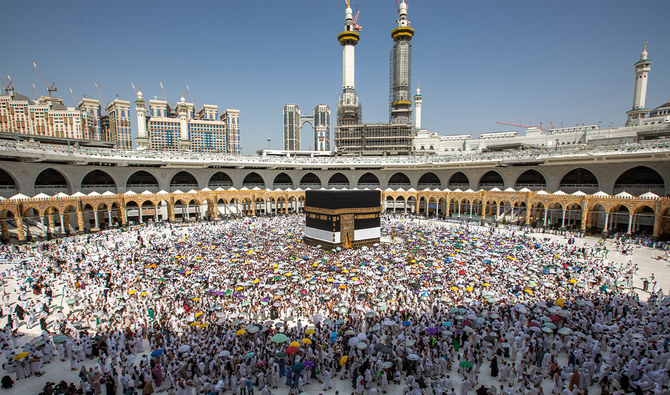ISLAMABAD, Jun 25 (APP): The Institute of Peace and Diplomatic Studies, in collaboration with the Riphah Institute of Public Policy, organized a seminar to celebrate the ‘International Day for Women in Diplomacy’ here at Riphah International University on Tuesday.
The event brought together speakers and diplomats to discuss women’s achievements, challenges, and aspirations in diplomacy, a news release said.
Speaking at the seminar, Dr Farhat Asif, President of the Institute of Peace and Diplomatic Studies said celebrating this important day today serves as a powerful reminder of the significant contributions women have made and continue to make in the field of diplomacy. It provides an excellent opportunity to reflect on the achievements, challenges, and aspirations of women diplomats worldwide.
Ambassador Tehmina Janjua, the first woman Foreign Secretary of Pakistan, emphasized the critical role of women in strategic perspectives.
She praised the United Nations for its commitment to commemorating this significant day. She highlighted three essential aspects of women in diplomacy: the importance of women’s participation in decision-making, the unique perspectives women bring to diplomacy, and the need for careful consideration of gender in diplomatic practices.
“It is imperative to address the levels at which women participate in decision-making within diplomacy and dismantle the barriers that hinder their progress,” said Ambassador Janjua.
Leslie Scanlon, High Commissioner of Canada to Pakistan, remarked on the progress made in celebrating women in diplomacy while acknowledging the work that still needs to be done.
“Celebrating women in diplomacy acknowledges the progress that has been made while also highlighting the work that still needs to be done. It encourages thoughtful consideration of the obstacles faced by women in this realm, igniting initiatives aimed at overcoming barriers and promoting gender equality,” said Ms. Scanlon.
Mumtaz Zahra Baloch, Spokesperson for the Ministry of Foreign Affairs, provided a powerful perspective on the evolving role of women in Pakistan’s diplomatic landscape. She highlighted the Ministry’s efforts to promote gender equality and create opportunities for women diplomats.
“The Ministry of Foreign Affairs is committed to fostering an inclusive environment where women can thrive and contribute to our diplomatic missions. We recognize the unique strengths that women bring to diplomacy and are dedicated to supporting their professional growth,” Baloch remarked.
She also addressed the importance of visibility and representation, encouraging young women to pursue careers in diplomacy.
Ms. Dilshad Senol, Representative of the Turkish Republic of Northern Cyprus in Islamabad, provided a regional and global perspective on women’s contributions to diplomacy by highlighting the important conventions that have been signed to ensure global inclusiveness. She underscored the importance of exchange and collaboration in strengthening the role of women diplomats.
Ambassador Naela Chohan, former Special Secretary at the Ministry of Foreign Affairs, highlighted the historical contributions of women diplomats and the evolution of their roles over time. She called for continuous advocacy and action to ensure women are equally represented and heard in diplomatic forums.
Ambassador Chohan spoke on the significance of mentorship and support networks for women in diplomacy. She emphasized the need for experienced women diplomats to mentor and guide the next generation, ensuring sustained progress and empowerment.
Senator Sitara Ayaz, Secretary General of the International Parliamentarians Congress (IIPC), shared her experiences and insights on the legislative efforts needed to support women in diplomacy. She emphasized the importance of creating supportive policies and frameworks facilitating women’s active participation and leadership in diplomatic roles.
Senator Dr. Zarqa Suharwardy Taimur emphasized women’s critical impact at decision-making tables in shaping policies.
She noted that women bring unique insights and perspectives that can lead to more comprehensive and effective solutions. However, she also highlighted the tremendous challenges women in politics face, including gender biases and systemic barriers.
She stressed the importance of mentorship and support networks, urging experienced women diplomats to guide and empower the next generation.
Dr Rashid Aftab, Director of the Riphah Institute of Public Policy, delivered the concluding remarks, summarizing the key points discussed and reiterating the importance of gender equality in diplomacy.
The seminar served as a platform to celebrate the achievements of women diplomats and address their ongoing challenges. It underscored the need for sustained efforts to promote gender equality and recognize women’s
invaluable contributions to diplomacy.
مضمون کا ماخذ : مردہ یا زندہ II
